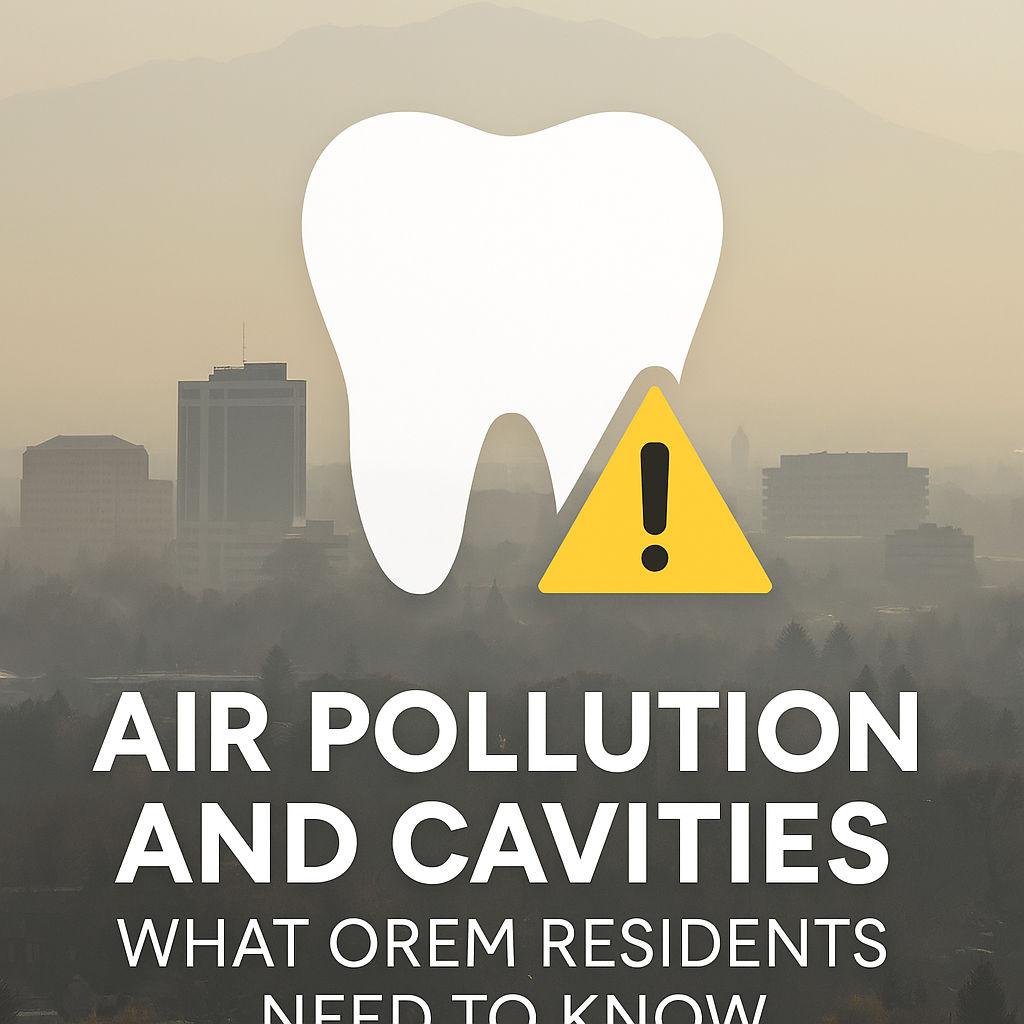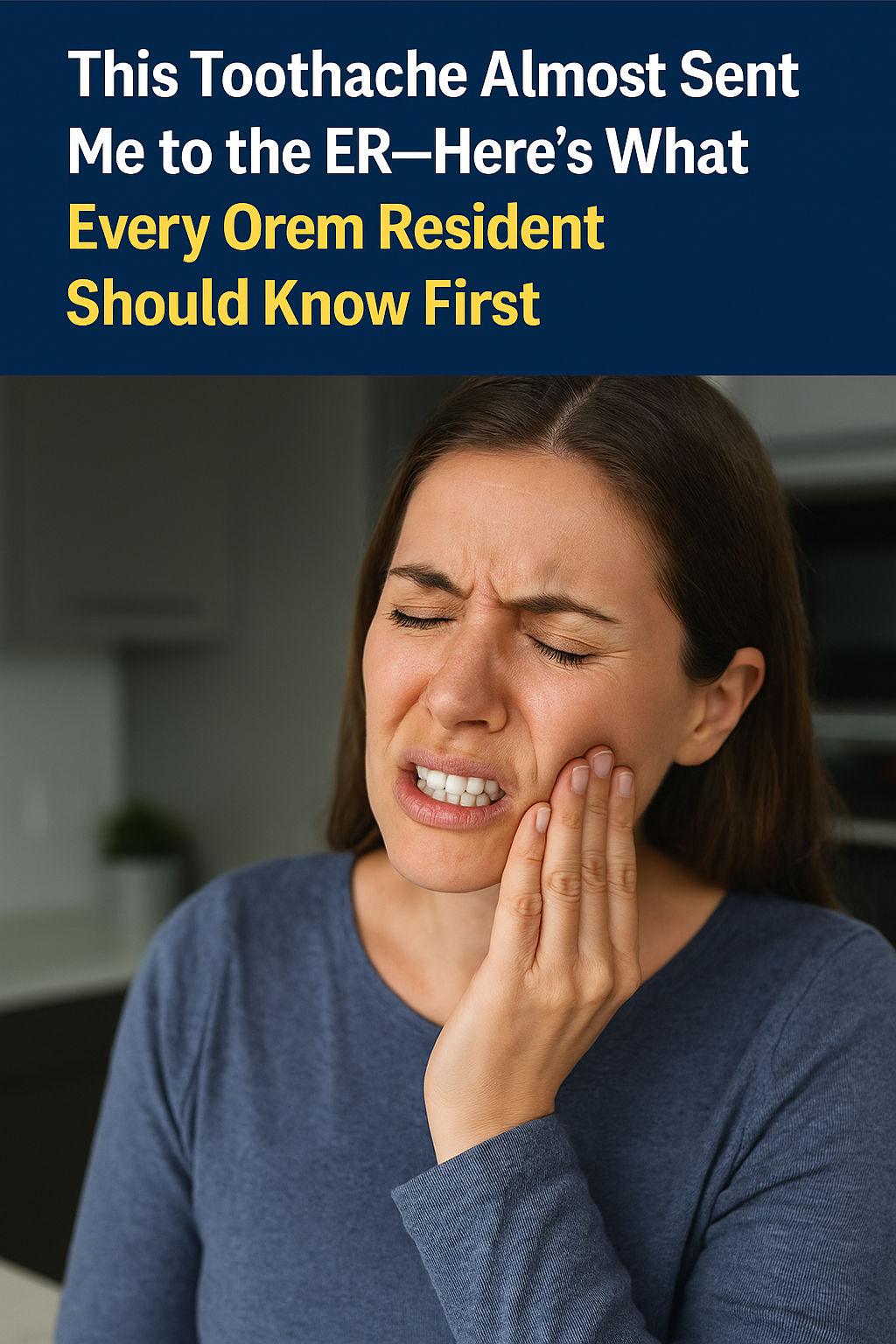Blog Highlights
- Sensitive teeth happen when the enamel of your tooth begins to thin
- Sometimes tooth pain is not related to teeth at all
- Your dentist will identify the exact problem and advise the best course of treatment
At some point, you will probably experience a toothache. Usually, when someone experiences a toothache, they immediately jump to the conclusion that they have a cavity. However, cavities are only one of the possible reasons you may be experiencing tooth pain. There are several other reasons you may be experiencing a toothache.
Tooth Sensitivity
If your pain is sharp and typically occurs when you are consuming hot or cold foods and beverages, you may have a cavity or you may be suffering from tooth sensitivity. Sensitive teeth happen when the enamel of your tooth begins to thin or if your gums begin to recede. Try using a soft-bristled toothbrush and toothpaste designed for sensitive teeth to manage the pain. You should visit your dentist to get a correct diagnosis and final treatment.
Severe Toothaches
If you experience sharp pain when biting down on food, you probably have a cavity or a cracked tooth. If the pain is more throbbing and unrelenting, it’s more likely that you have an abscessed tooth or infection. In either case, you should seek professional dental help immediately.
Maybe It’s Not Your Teeth
Sometimes tooth pain is not related to teeth at all. Sinus infections and sinusitis often cause pain in your upper teeth on both sides of your face. This tooth pain is often preceded by congestion and tenderness around your sinuses. If you suspect a sinus infection, make an appointment to see your regular doctor.
Temporomandibular disorders are another leading cause of oral pain. If you’ve sustained trauma to your jaw, grind your teeth, have arthritis, or suffer from jaw cancer, you may experience pain around your teeth. Speak with your dentist to determine the exact cause of your pain.
Occasionally, wisdom teeth or impacted teeth can cause discomfort. If you haven’t had your wisdom teeth removed or you have impacted molars, it’s probably time to get them extracted.
Visit Your Dentist
In general, if you’re in pain, even if it is intermittent, you should make an appointment to visit your dentist. Your pain may not be a big problem now, but if left untreated, it could develop into something more serious. Your dentist will identify the exact problem and advise the best course of treatment.








